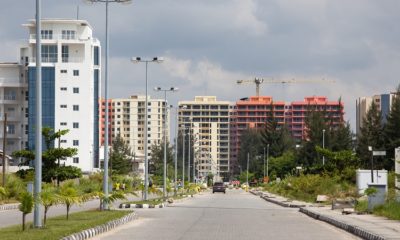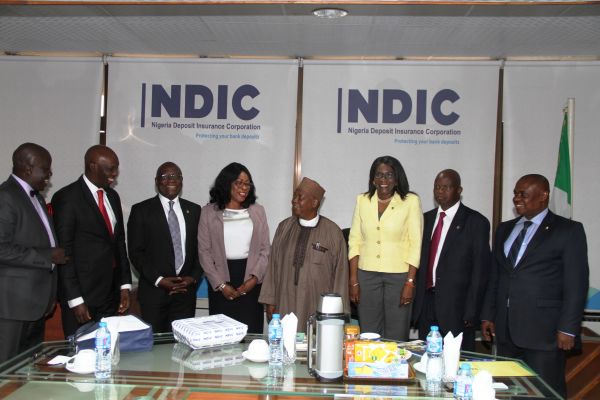Microfinance Bank
Lapo Ussd Code for Loans, Repayment and More
All they need to do is to follow Lapo Microfinance Bank’s instructions on how to borrow a loan or perform other transactions once they dial *371#.

Microfinance Bank
LAPO Microfinance Bank Wins 9th Consecutive “Microfinance Bank of The Year” Award at BAFI 2023
Microfinance Bank
Nigerian Microfinance Bank Subsector Assigns 3.0 Risk Score
Microfinance Bank
NDIC to Refund Owners of Money Stuck in Defunct Commercial, Micro-finance Banks
-

 Billionaire Watch2 weeks ago
Billionaire Watch2 weeks agoWarren Buffett Donates $5.3 Billion in Berkshire Shares to Charities
-

 Startups4 weeks ago
Startups4 weeks agoFormer Konga CEO Nick Imudia Dies by Suicide in Lagos Home
-

 News4 weeks ago
News4 weeks agoJoke Silva Quashes Death Rumors, Confirms Olu Jacobs is Alive
-

 News4 weeks ago
News4 weeks agoNorth Israel Turns Into Ghost Towns Amid Hezbollah Missile Barrage
-

 Bitcoin4 weeks ago
Bitcoin4 weeks agoBitcoin Slumps 13% in Q2, Prompting Investor Concerns
-

 Naira4 weeks ago
Naira4 weeks agoNigeria’s Foreign-Exchange Woes Intensify with Prolonged Naira Decline
-

 Forex3 weeks ago
Forex3 weeks agoNigerian Banks Face Sanctions for Rejecting Small and Old US Dollar Notes
-

 Treasury Bills4 weeks ago
Treasury Bills4 weeks agoCBN Treasury Bills Auction Oversubscribed by 338%, Raises N284.26bn




























